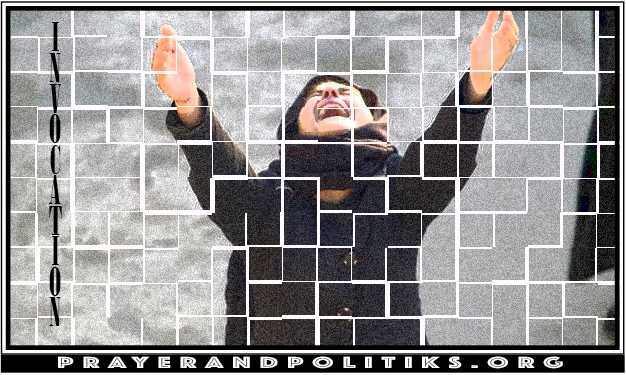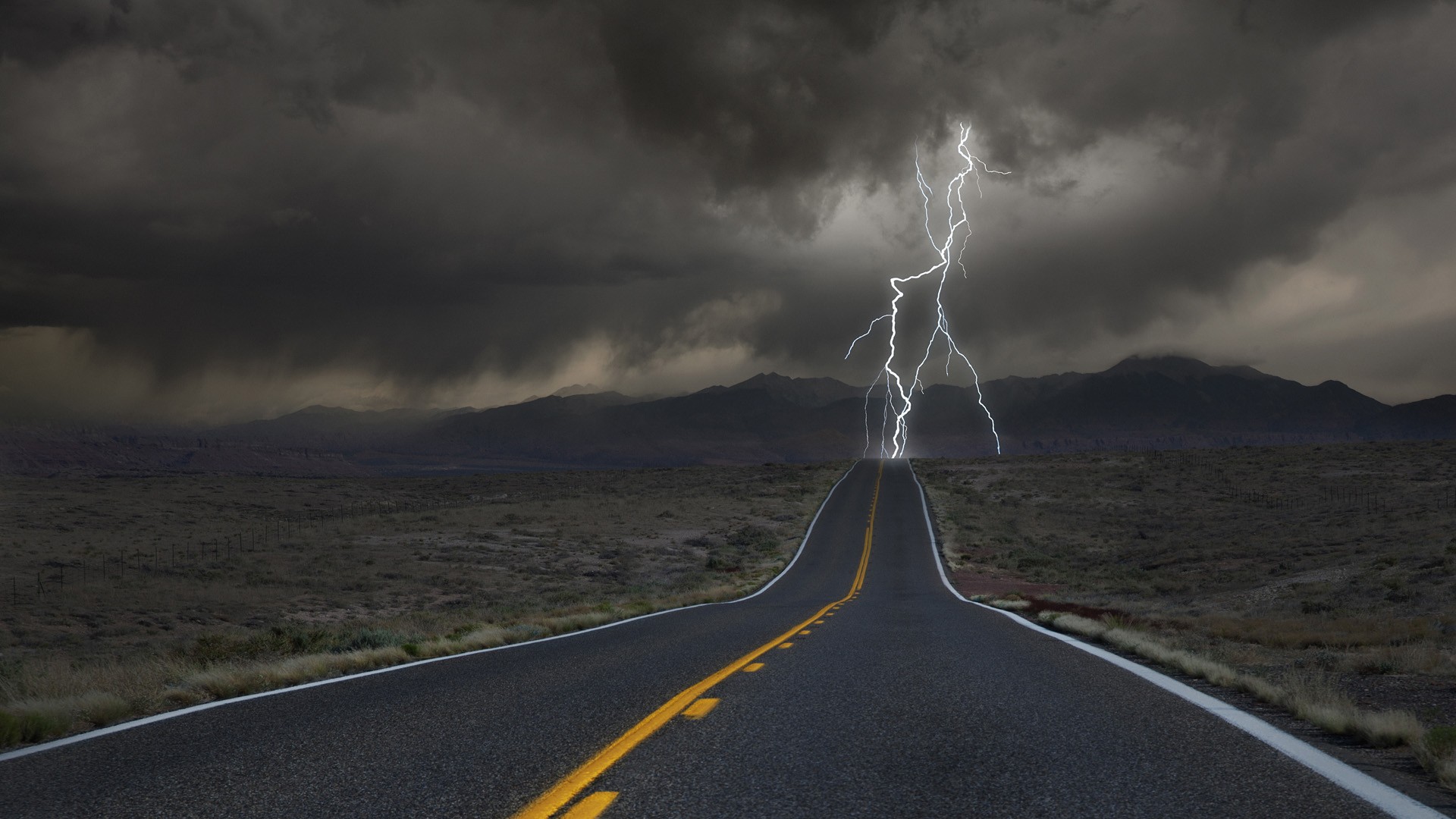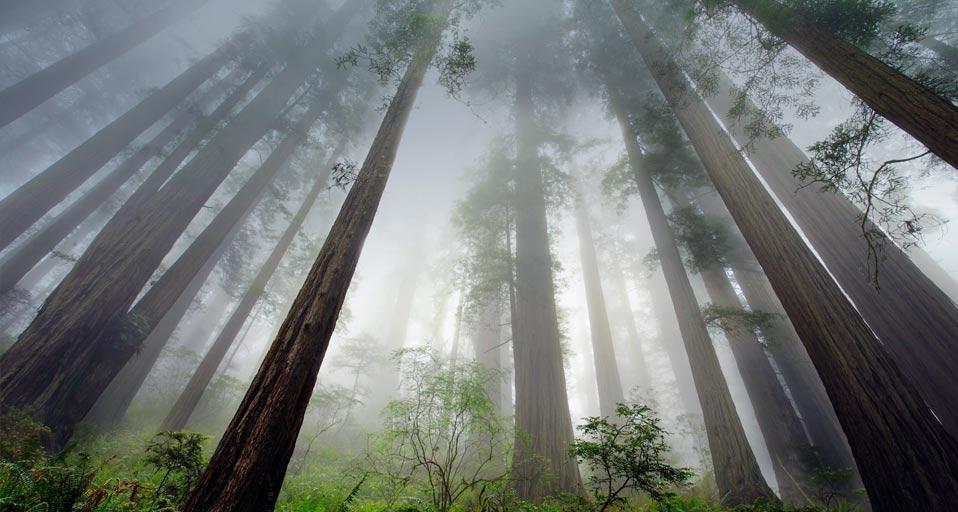by Ken Sehested
We each pray for different
reasons in different seasons,
 too often steady-headed,
too often steady-headed,
manners-minded, when
indelicacy is now needed
—prayers while throwing
stuff against the wall—
whether in rapture or in rage,
banging against the cage of
knock-off propriety,
boorish pleasantries,
self-referencing piety
when it is precisely this
self-bordered life
that must be breached
if blood-soaked streets
are to stand a chance
in the light of
Judgment Day’s inquest,
crippled heart recoiling
from what it fears,
jaundiced against all
it cannot control,
cheered by death’s leer
and sacred call to arms—
lest justice be denied!—
 but brutal arms they be,
but brutal arms they be,
assaulting arms, separating
tissue from bone,
breath from lung,
hands from caress,
babies from breasts,
words from truth,
hopes from healing,
vision from revealing
the ties that bind
but do not strangle,
the lover’s reach which
does not entangle,
the wing that shadows
but never wrangles.
Dare to rave within
Heaven’s hearing!
Scorch the roof of your
mouth with incantation.
Hurl your disquieted heart
at every tranquil caution.
Risk unpleasantry in the
company of angels.
Demand a hearing with
the Most High.
Journey with Job into
the whirlwind’s gale.
 Demand an answer:
Demand an answer:
Read more ›



 too often steady-headed,
too often steady-headed, but brutal arms they be,
but brutal arms they be, Demand an answer:
Demand an answer:
 Above. Purple mountains' majesty. Grand Teton National Park, Wyoming.
Above. Purple mountains' majesty. Grand Teton National Park, Wyoming. being the one who refused violence’s ascendancy, accomplishing salvation’s triumph by abandoning rather than wielding the sword of vengeance.
being the one who refused violence’s ascendancy, accomplishing salvation’s triumph by abandoning rather than wielding the sword of vengeance.